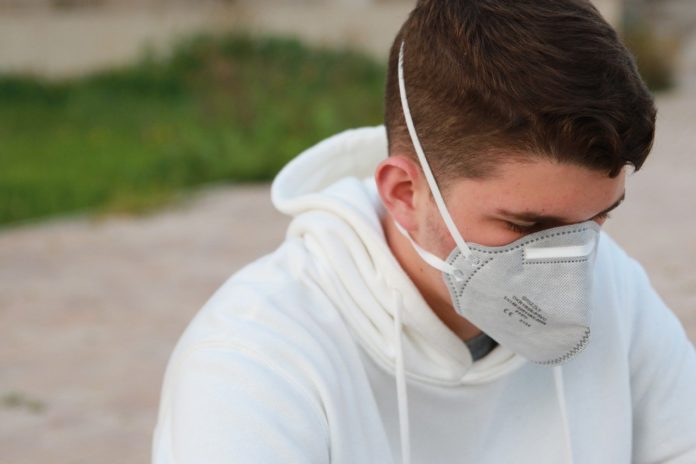Experts have to find out whether the coronavirus is capable of directly affecting the human mental health, or whether this is due to the situation around the pandemic and other factors.
Scientists from the University of Oxford have found that one in five people with coronavirus is diagnosed with mental disorders, including for the first time. The results of the study were published in The Lancet Psychiatry.
The authors of the work emphasized that from the early days of the pandemic, concerns have been raised about its impact on mental health and on patients with mental illness.
It is noted that psychiatric symptoms complicated medical care and contributed to an increase in the mortality rate. It is also known that comorbidities and bad habits, including obesity, hypertension, smoking and type 2 diabetes, are highly prevalent in persons with severe mental disorders.
Many people with mental health problems live in poor social conditions and are often exposed to respiratory viruses.
To understand the link between COVID-19 and mental illness, researchers analyzed more than 70 million electronic health records in the United States, including more than 62,000 coronavirus cases that did not require emergency care or hospitalization.
Mental disorders identified within 14-90 days after the diagnosis of COVID-19 occurred in 18.1% of patients. In 5.8%, they were detected for the first time. These included schizophrenia, delusional disorders, mood disorders, depression and anxiety, and other mental illnesses.
With other diseases – influenza and other respiratory tract infections, skin infections, stones in the gallbladder and urinary tract, fractures, the rate of newly diagnosed mental disorders was two times lower – 2.4-3.4%.
As one of the study’s authors, Professor of Psychiatry Paul Harrison, pointed out, it remains to be seen whether coronavirus can directly affect mental health. According to him, the identified disorders are more associated with the general stress situation due to the pandemic, as well as the socio-economic situation of patients and their lifestyle, that were not considered in this study.
“It is equally unlikely that COVID-19 could have any direct effect on the brain or mental health. But I think this, again, remains to be studied,” Harrison said.
The most alarming was the doubling of dementia cases three months after the positive result of the COVID-19 test compared to other diseases.
WHO has previously stated that the coronavirus pandemic has had a negative impact on the mental health of millions of people.
